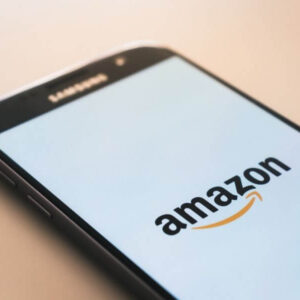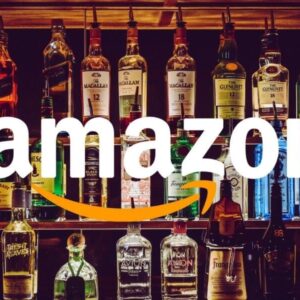Who owns Amazon? What companies does Jeff Bezos own? Amazon.com (AMZN) founder Jeff Bezos is unloading some of his stock in the online retailer. But he still keeps a strong ownership grip on the S&P 500 company.
The billionaire disclosed dispensing of more than 2.2 million shares in Amazon.com as of Nov. 16, according to data from S&P Global Market Intelligence and MarketSmith. Amazingly though, he still owns 988.3 million shares valued at more than $144.9 billion.
What does this mean for the company’s ownership? Even after the recent share distribution, and transferring millions of shares to his ex-wife MacKenzie Scott, Bezos still owns 9.6% of the company. That makes him the No. 1 shareholder.
These facts also underscore Bezos’ important role at the key S&P 500 company other than just executive chairman. Amazon.com CEO Andrew Jassy only own 2.1 million shares, barely putting him in the top 300 largest shareholders.
Who owns Amazon?
Bezos is still the top dog at Amazon.com. But his divorce and recent stock gifts and sales in the past are making ETF and mutual fund companies more important in the company’s ownership ranks.
Vanguard Group is now a larger No. 2 holder of the company’s stock. The ETF giant owns nearly 758 million shares amounting to 7.3% of the shares outstanding. Just Vanguard 500 Index ETF (VOO) alone owns more than 81 million shares of Amazon.com, says ETF.com.
Then comes iShares operator BlackRock (BLK) and SPDR operator State Street Global Advisors. Those two investors own 613.4 million and 332.4 million shares, respectively, of Amazon.com stock.
The SPDR S&P 500 ETF (SPY) owns more Amazon.com stock than any other ETF: roughly 103 million shares. And BlackRock’s iShares Core S&P 500 ETF (IVV) is the No. 2 largest holder of stock to the tune of roughly 88 million shares.
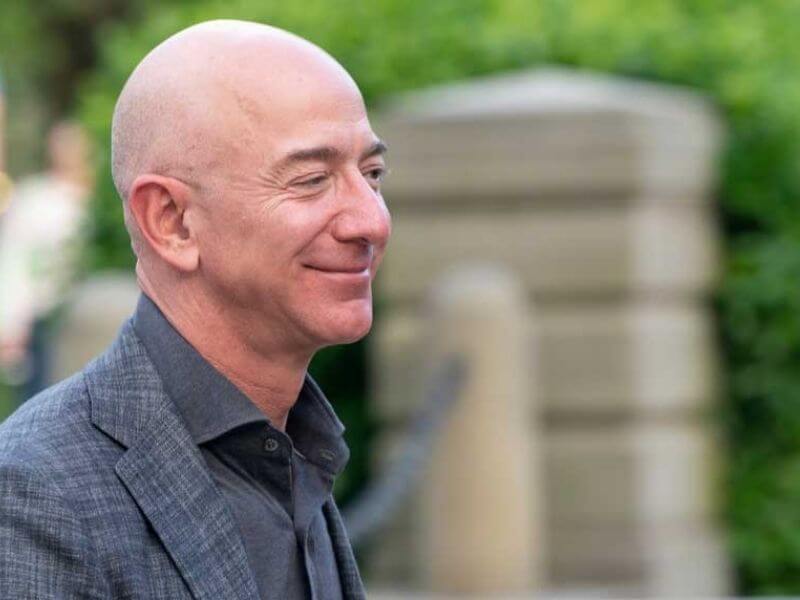
What About Owning Amazon.com Now?
S&P 500 analysts are still bullish on the stock even as Bezos is lowering his stake. They’re calling for the stock to rise another 18% in the next 12 months to 173.37 a share.
That’s an impressive run given that the stock is already up 75% this year. Meanwhile, the company has the fundamentals to back up the bullishness. Analysts think the company will make $2.67 a share this year, up from a 27-cents a share loss in 2022. And in 2024, earnings per share are seen rising another 28%.
Now you can see why investors are still buying — even as Bezos is lightening up.
How did Amazon become the world’s largest e-commerce company?
Amazon started out of Jeff Bezos’s garage in Bellevue, Washington in 1994. It’s now one of the Big Five companies in the US information technology industry, along with Alphabet (Google), Apple, Microsoft, and Meta (Facebook).
This success comes down to the growth of the internet. In 1994, there were only 40 million people using the internet in the US but now over 5.18 billion people are using the internet as of 2023 – that’s around two thirds of the population.
When Amazon was launched, it sold books online but quickly expanded to sell everything from electronics and software, to food, toys, clothing and furniture. Amazon grew its revenue from $8.47 million in Q4 1996 to $16 million in Q1 1997. Despite this being considered a relatively small income, Amazon went public in 1997, at $18 per share. This gave the company a market value of about $438 million.
By 2015, Amazon had become the most valuable retailer in the US by market capitalisation – surpassing grocery store Walmart. It is now in the rarified club of companies with a valuation in excess of $1 trillion.
Amazon’s share price has had an equally meteoric rise. For investors, every $10,000 invested at the time of Amazon’s 1997 IPO would be worth more than $14 million today.
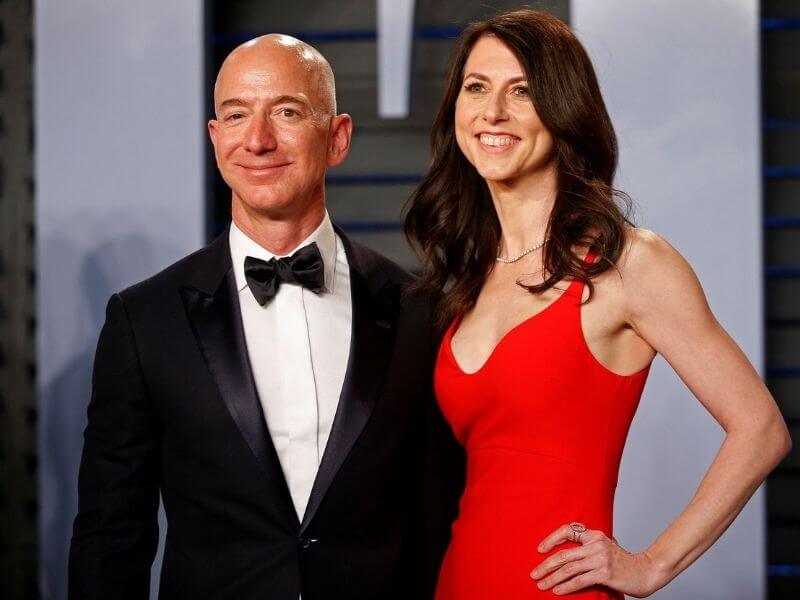
What companies does Jeff Bezos own?
Jeff Bezos owns a number of companies; naturally the most famous is Amazon. While he stepped down as CEO in Q3 2021, he’s still the largest single shareholder, with more than a 10% stake in the company.
One of the reasons cited for Bezos’s decision to vacate his position at Amazon was to focus on his other businesses. These include:
- The Washington Post – the newspaper was bought in 2013 for $250 million
- Blue Origin – the aerospace company was created in 2000 aiming to have a moon lander in the next few years
- Bezos Expeditions – this company is Bezos’s personal venture capital investments firm. As of 2020, Bezos Expeditions invested in more than 66 companies including famous companies like Airbnb and Uber
- Bezos Day One Fund – a philanthropic organisation Bezos founded to help low-income families
Impact of Bezos’ Ownership on Amazon’s Success
The impact of Jeff Bezos’ ownership of Amazon has been profound. Under his guidance, Amazon has grown to become one of the largest companies in the world. Amazon’s success can be directly attributed to Bezos’ leadership, creativity, and vision, which have helped the company become an e-commerce juggernaut and a leader in the technology industry. Bezos has embraced the concept of customer-centricity, which has become an integral part of Amazon’s culture.
By focusing on customer satisfaction, Amazon has been able to build a vast and loyal customer base, which has resulted in immense growth. Bezos has also implemented innovative strategies such as Amazon Prime, which has resulted in even more customer loyalty.
Bezos’ long-term vision has been to expand Amazon’s presence globally and make a positive impact on the world. This vision has resulted in Amazon’s expansion into the worlds of cloud computing, artificial intelligence, and web services.
As Amazon continues to innovate and expand its presence in the tech industry, Bezos’ ownership has been essential in leading the company to success.
How Jeff Bezos Controls Amazon
After initially focusing on books, Amazon quickly expanded its product offerings to include electronics, apparel, home goods, and more, becoming one of the largest online retailers in the world. Today, Bezos still serves as Amazon’s executive chairman after stepping down as CEO in 2021 and is the majority owner of the company.
According to Marketscreener, Bezos owns about 992,633,688 shares/equities of Amazon’s stock, which accounts for about 10% of the company’s outstanding shares. This translates to a stake of roughly 10% of Amazon’s total voting stock.
Bezos’ control over Amazon has been a source of both admiration and criticism. On the one hand, his leadership has been responsible for the company’s immense growth and success. On the other hand, some have criticized him for his tight grip over the company’s operations. His control has also been the subject of several antitrust investigations, as some have argued that Amazon’s immense power in the e-commerce industry has stifled competition and limited consumer choice.
Regardless of the criticism, it is clear that Bezos’ control over Amazon has been a major factor in the company’s growth. His leadership has allowed Amazon to take risks and explore new opportunities, leading to the company’s current position as one of the largest and most influential companies in the world.
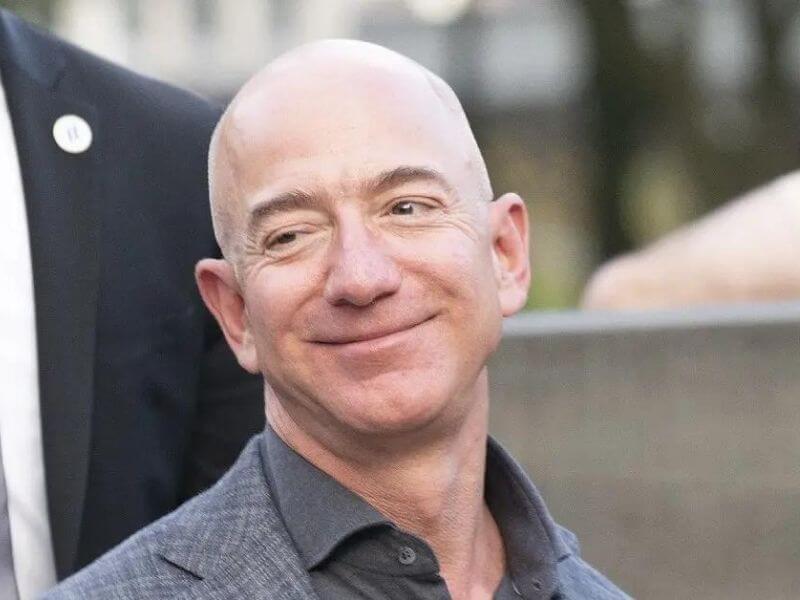
Above is information about Who owns Amazon? What companies does Jeff Bezos own? that we have compiled. Hopefully, through the above content, you have a more detailed understanding of Who owns Amazon. Thank you for reading our post.
